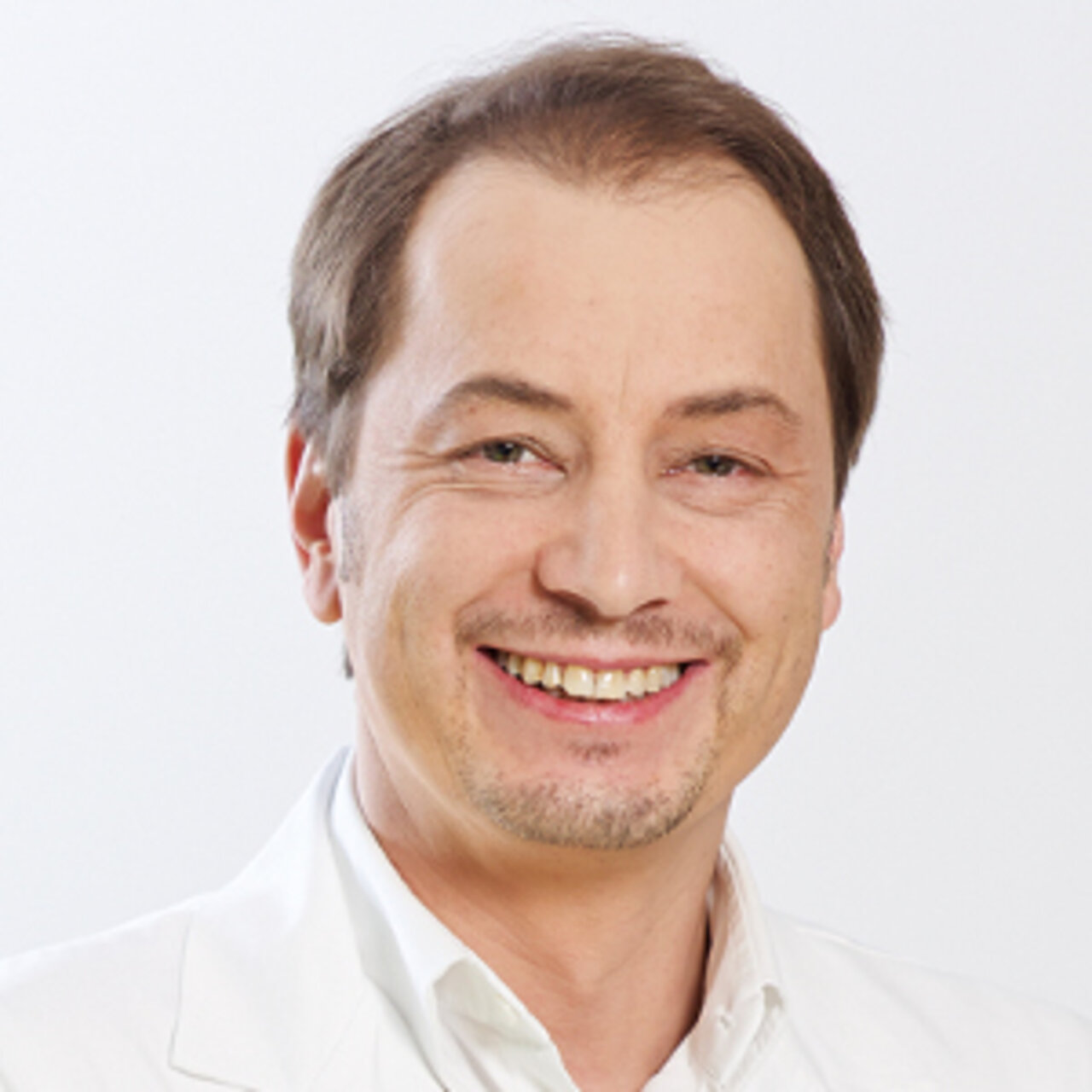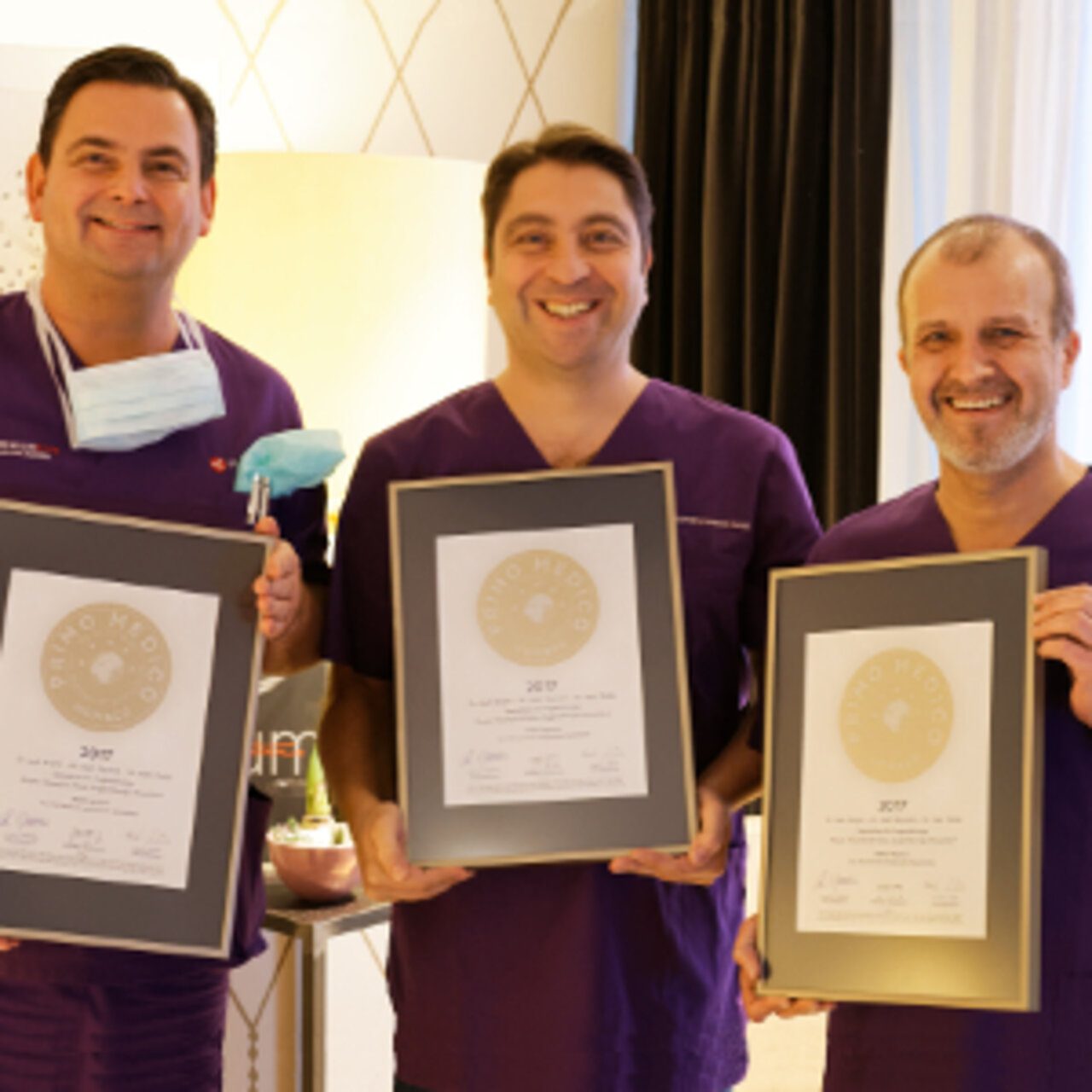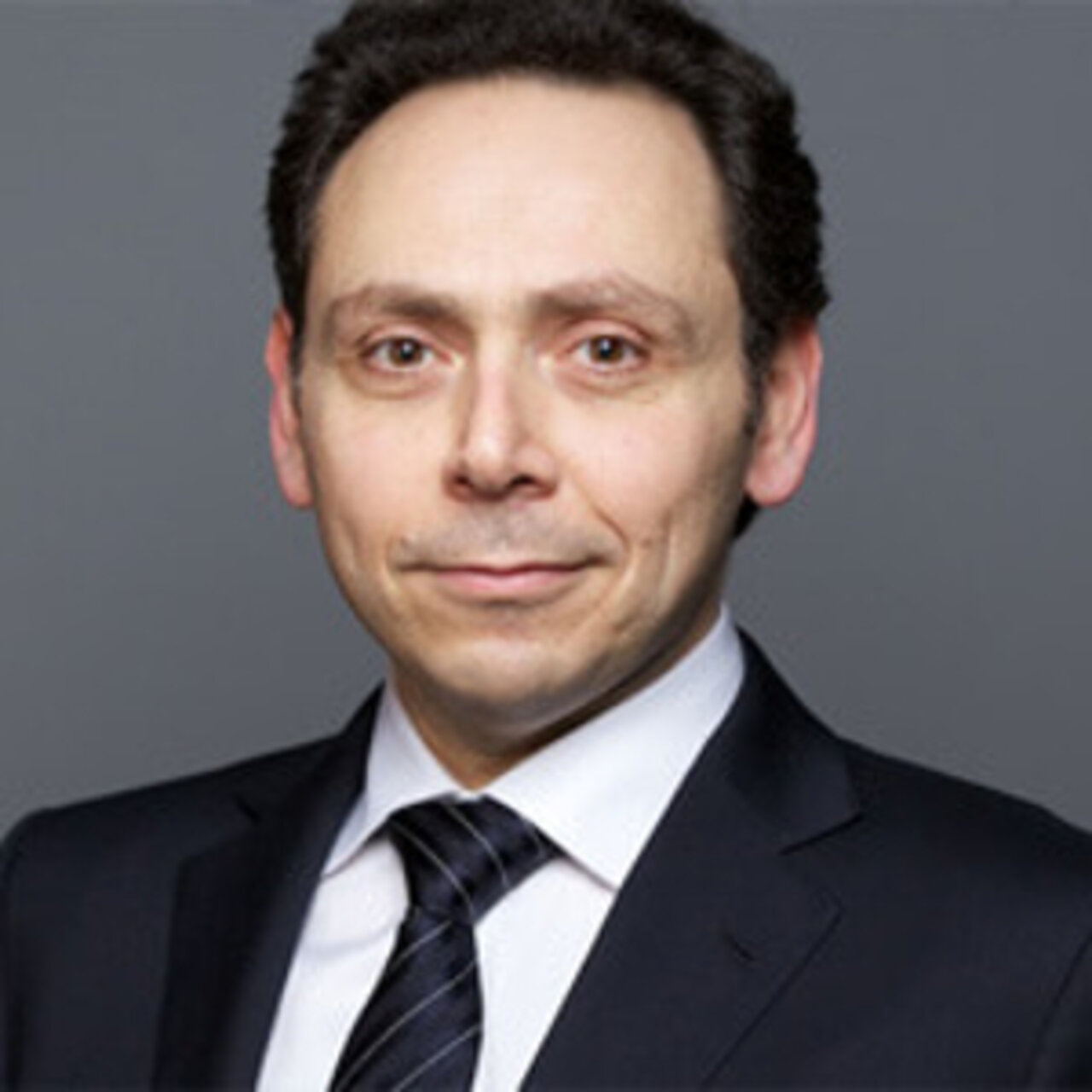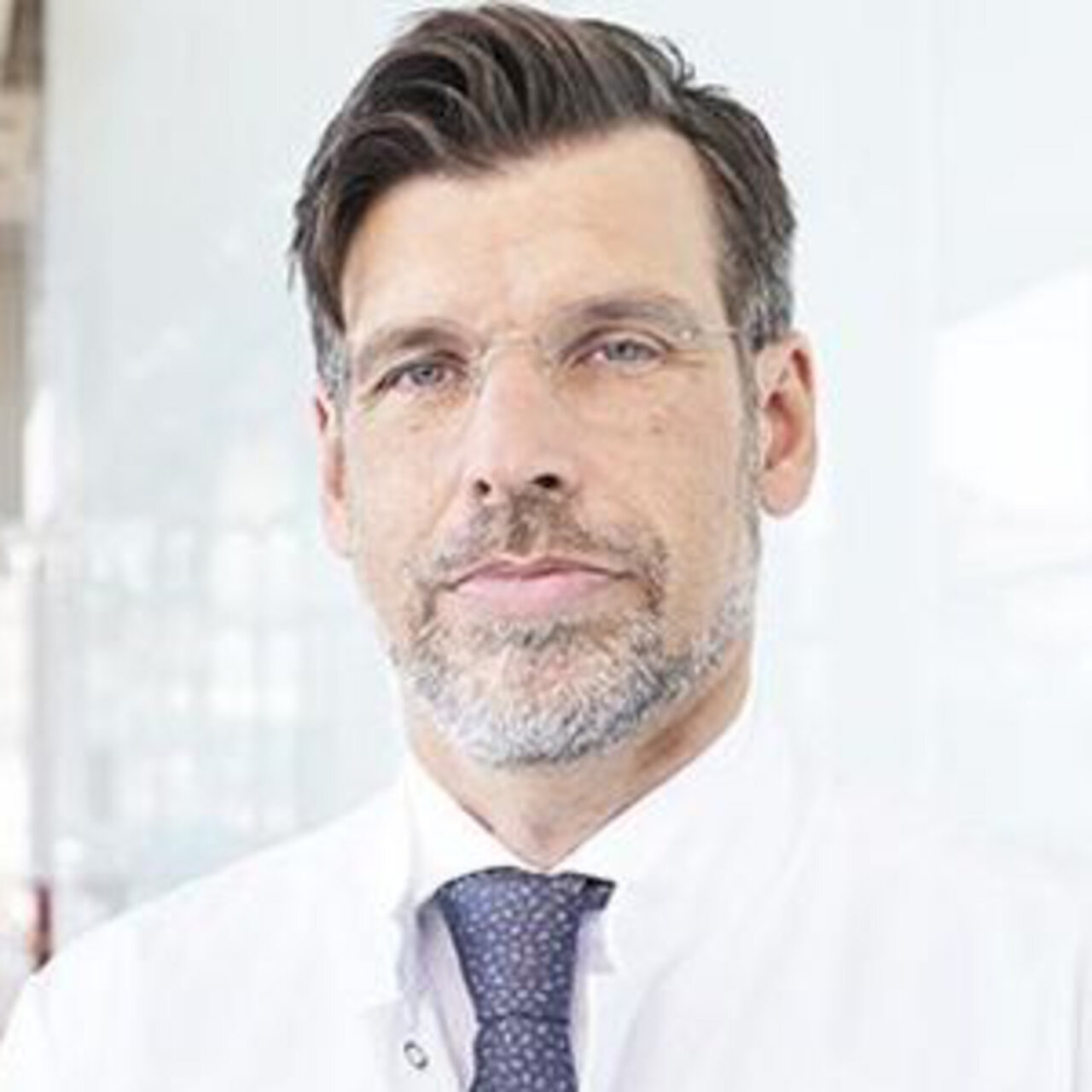Specialists in Ophthalmology
5 Specialists found
Information About the Field of Ophthalmology
Which Eye Doctors and Eye Clinics are Specialists in Ophthalmology in Germany and Switzerland?
If a patient is in need of an ophthalmologist or an eye clinic in Germany or Switzerland, he will wonder where to find the best eye doctor. This question cannot easily be answered objectively since a reputable specialist would never claim to be best in his field. Therefore, one can only rely on the ophthalmologist’s experience.
Ophthalmology is an independent medical specialty focusing on the treatment of eye diseases. The education program to become an ophthalmologist takes five years in Germany and six in Austria. Eye doctors can work in ophthalmic clinics or, as resident physicians, lead an ophthalmology practice. In recent years, distinctive specialized sub-areas have developed in the field of ophthalmology in Germany and the rest of the world:
- Refractive Surgery
- Anterior Eye Segment
- Posterior Eye Segment
- Orbita Specialists
- Retinology
Which Eye Diseases are Treated by Eye Hospitals and Ophthalmologists?
Eye diseases are disorders of the lacrimal glands, the eyeballs including the eyelid, the lens, the optic nerve, the eye muscles and the eye socket (orbit). An estimated 15-20 million people in Germany are affected by eye illnesses. The most common affliction in the German population is the refractive error. This defect is caused by an erroneous refraction of the light in the eye through the cornea or lens. 63.5% of the population in Germany aged 16 and over wears glasses.
Other typical eye deficiencies include retinal diseases related to age as well as conjunctivitis, glaucoma and cataract. In addition, other shortcomings of the human body have an effect on the eyes, such as diabetes, multiple sclerosis, Parkinson's disease, or Graves' disease.
Myopia, Hyperopia and Presbyopia
A distinction is made between nearsightedness (myopia) and farsightedness (hypermetropia / hyperopia), which are due to a wrong ratio between the length of the eye and the refractive power of the lens. As a result, light rays entering the eye are no longer bundled on the retina but on a point before or behind it. In particular farsightedness (presbyopia) is a natural phenomenon of the aging process.
If the refractive power of the cornea is altered (astigmatism), a corneal curvature is the result. Here, light rays are refracted in different directions. This irregularity creates a projection on the retina, which is not shaped like a point as it is supposed to be, but appears rod-shaped instead.
Ametropia Adjustment with Eye Lasers
In addition to the correction of refractive errors through glasses and contact lenses, eye laser surgery has been available for treatment for almost 20 years. The eye laser procedure has evolved over time. Nowadays, both the laser and the surgical methods are very safe and gentle procedures for the patient. The following laser procedures for the correction of refractive errors have prevailed today:
- LASIK
- Femto-LASIK
- ReLEx® smile
Implantable Contact Lenses for Farsightedness, Myopia, and Astigmatism
Not every patient can handle eye laser surgery. This depends on the severeness of eye sight defect or ametropia. Two different types of intraocular lenses currently exist:
- Anterior Chamber Lenses
- Posterior Chamber Lenses
Which type of lens is best suited for each individual case is determined in a detailed preliminary examination by the ophthalmologist.
Age-Related Retinal Diseases (Retinal Detachment)
In normal condition, the retina is loosely attached to the choroid coat, the pigmented vascular layer of the eyeball between the retina and the sclera. Age or injury can lead to small retinal tears, in which case fluid is able to enter the gap between the sensory retina and the choroid, thus enlarging it. In the areas of detachment, there is a retinal dysfunction.
Symptoms include perceived flashes of light in the affected eye, visual field defects and, ultimately, blindness of the eye. Diabetes mellitus causes shrinkage of the retina and the formation of holes, which can lead to retinal detachment.
Vitreous Opacification (Floaters or Mouches Volantes)
In the case of vitreous opacification, streaks in the vitreous body of the eye occur in affected patients. These are then observed as spots, shadows or light flashes. Although vitreous opacification is not dangerous, it can severely limit quality of life. As a therapeutic procedure, vitreous surgery or laser vitreolysis are available. Troubled individuals do not have to put up with their fate but can specifically get information from their ophthalmologist about which procedure is most suitable for them.
Glaucoma
Damage to the optic nerve is collectively referred to as glaucoma. The most important risk factor is too much pressure in the eye. This intraocular tension is caused by the aqueous humor produced in the eye, flowing around the lens and draining off via the eye veins. In healthy condition, the aqueous humor nourishes and detoxifies. It also maintains the shape of the eyeball.
If the aqueous humor drainage is blocked by pathological changes, the pressure in the eye increases. It is believed that the excessive tension restricts the blood flow to the optic nerve, thus damaging it.
First symptoms are visual field defects which means that areas of perceived space can no longer be detected. Since failures in vision occur only after damage of the optic nerve has already begun, early detection of glaucoma is particularly important to prevent loss of vision or blindness.
For glaucoma treatment, state-of-the-art treatment options are available today to lower the increased intraocular pressure. In addition to gentle laser procedures, micro-implants or various surgical measures like canaloplasty can be performed for effective glaucoma treatment as well.
Cataract
Cataract is the lenses age-related clouding or loss of transparency. The process is often gradual (1-10 years), but can progress faster depending on the cause. It is estimated that about half of all blindness cases worldwide are due to cataracts.
Risk factors for developing cataract are malnutrition, ultraviolet light, high myopia, smoking, alcoholism and systemic diseases such as diabetes mellitus. Therapies with corticosteroids also evoke the development of cataract.
Lens clouding leads to impaired vision, which becomes noticeable during activities such as reading or driving. The irregular scattering of the incident light leads to glare as well. Contrasts and colors are perceived weaker and a perception of double images and blurry contours may occur. Today, cataract surgery is one of the routine procedures in ophthalmic surgery. Laser surgery makes the operation even gentler, safer, and more precise.
Diabetic Retinopathy (Retinal Damage as a Result of Diabetes Mellitus)
A general consequence of diabetes mellitus is damage and constriction of blood vessels and, as a result, an insufficient blood supply to the affected body region. Especially delicate blood vessels are afflicted early.
In case of diabetic retinopathy, the lack of blood supply (ischemia) leads to an oxygen deficiency of the retina and a destruction of tissue. Diabetic retinopathy is a risk factor for age-related retinal detachment.
How Much is Eye Treatment by a Specialist in Ophthalmology in Germany or Switzerland?
For patients from abroad, the costs for an eye doctor specialized in ophthalmology in Germany are strictly regulated by the German government (GOÄ Department). German physicians are not entitled to determine their own self-calculated fees for medical services. They are legally obliged to adhere to the official fixed tariff rates for doctors.
In order to calculate the costs for a specific eye therapy, ophthalmologists and eye clinics in Germany and Switzerland first require detailed information about the specific eye disease. This data can be transferred to the hospital in form of medical reports, findings or images taken prior to treatment. The eye centre then prepares a cost estimate. In most cases, the amount due must be paid ahead of the healing process.
Find an Eye Clinic or Specialist in Ophthalmology in Germany or Switzerland
We help you to find an experienced eye doctor. All listed ophthalmologists and eye hospitals in Germany and Switzerland have been reviewed by us for their outstanding specialization in the field of ophthalmic surgery and await your treatment request.




